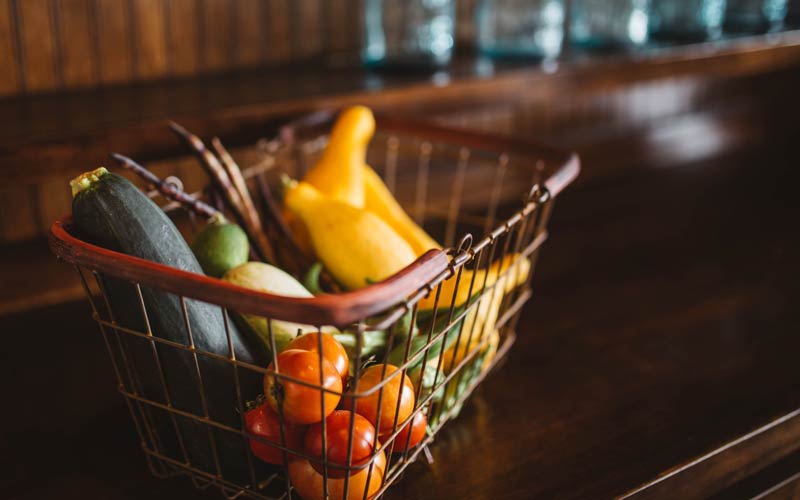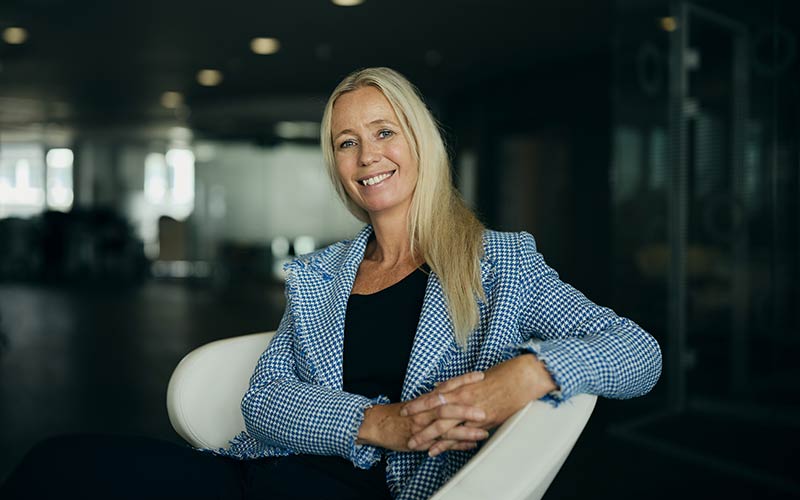
06. May 2021
On a global scale, 1.6 billion tons of food is wasted every year, posing major problems for the climate and the environment.
– “Food waste plays a huge role in the world's climate challenge. I am immensely proud that we in Denmark support our leading position in this way when it comes to taking the food waste problem seriously and helping find solutions. A common ISO standard has the potential to become the essential piece that enables the international community to combat food waste together”, says Rasmus Prehn, Minister for Food, Agriculture and Fisheries.
The international standards will be developed in ISO, which has 164 member states from all over the world. Denmark will play a decisive role in shaping the direction of future requirements and guidelines. For this reason, Danish Standards has been awarded the secretariat and the right to appoint a chairman, and thus the management of the standardization work.
– “The strength of preparing these standards on a global basis is the resulting guidelines that cut across countries and supply chains. This is because the world's food production is now much more international than most of us might even imagine. Common global solutions are thus needed, and Denmark holds a major responsibility to take the lead”, says Maibritt Agger, Head of Department at Danish Standards.
To reduce food waste, concrete tools and measurement methods are needed for businesses and organizations to help them reduce, record, and document their efforts.
– “As one of the first proposals from Denmark, we have suggested that a food safety management standard and a standard for measurement methods and definitions should be developed. This will offer enterprises some concrete principles and tools for how to reduce their food waste in all parts of the production chain”, Maibritt Agger says.
The standards are to ensure a common understanding of what food waste is and how it is measured, making it easier to compare and set goals across organizations and countries.
With Denmark spearheading the work, this will make it possible not only to ensure a high level of ambition but also to give some competitive advantage to the Danish food industry.
– “If we are to reap the full benefits of the future work, this will require the active participation of players from the entire value chain in Denmark – such as food manufacturers, supermarkets, authorities and NGOs –, helping to ensure a high level of ambition based on Denmark's already strong position in this field”, Maibritt Agger concludes.
The work to develop the international standards will begin in a few weeks’ time and everyone with an interest in this field will have the opportunity to participate and thus gain influence on the market of the future.
Do you want to know more about the work and the possibility of influencing future standards? Contact Carina Dalager on cad@ds.dk.
Danish Standard has developed an AI search tool designed to make it easier for you to find relevant standards within your organisation’s specific line of work.
37 European stakeholders have joined forces for the first time to create a common foundation for greener aviation fuel – from production to fuelling – paving the way for more climate-friendly aviation across Europe.
A shared language on quantum technology is essential to harness its potential. The new specification provides a solid foundation that allows companies, researchers and decision-makers to collaborate more effectively on development, implementation,...
As the second organisation in Denmark, Danish Standards has obtained certification according to the equality and diversity standard, DS 5001. The standard provides a strong platform for ensuring equal opportunities for all.





